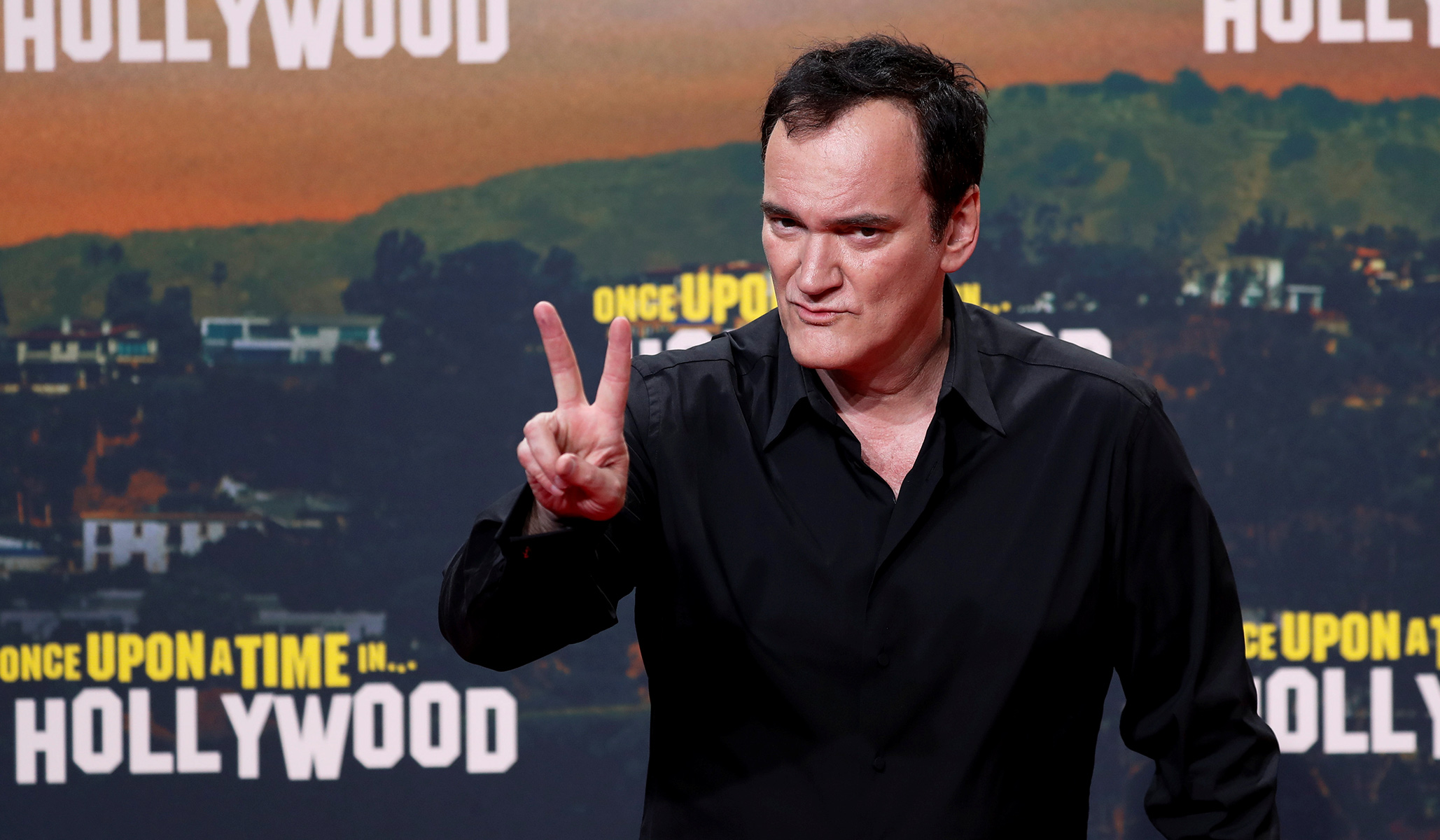


Quentin Tarantino’s recent comments on sex and cinema — particularly the lack of sex scenes in his own movies — has exposed the current sexual confusion of mainstream cinema.
Responding to an inquiry by Spain’s Diari ARA, Tarantino confessed, “It’s true, sex is not part of my vision of cinema. . . . If there had ever been a sex scene that was essential to the story, I would have, but so far it hasn’t been necessary.”
Tarantino’s statement fueled what Forbes magazine called a “heated debate” on the Internet concerning sex in movies. When posters unexpectedly argued against sexual content, they were tagged “puriteens” for their childish complaints. From Forbes to the trade press, the hubbub about Tarantino’s cinematic abstinence seemed more than hipster Puritanism: Contemporary American movies appear indifferent toward sexuality, and that marks a significant cultural change.
Earlier generations worried about gratuitous sex in cinema. Hollywood rarely makes love stories anymore. Movies are mostly Marvel Cinematic Universe confections, #MeToo diatribes, goofball comedies, leftist social dramas, or the routine excited response to Tarantino’s own highly influential violent escapades. They perpetuate a soulless eunuch’s view of art.
Behavior that puriteens call “cringe,” others are casual about — as if sexuality were superfluous to storytelling art. (Love and sensuality are not part of Tarantino’s worldview.) The hidden fear of sex and its complexities may be sublimated in sci-fi comic-book nerd epics in order to avoid dealing with generational insecurities. Director Alex Lee Moyer’s remarkable 2020 doc TFW No GF (meaning “that feeling when you have no girlfriend”) examined the “incel” (involuntary celibate) subculture, but Tarantino uncorked a wider cultural hostility: that feeling when society dismisses human intimacy.
Consider QT’s comments as part of the current trans crisis that has destabilized legacy media — whether progressive journalistic advocacy or Hollywood’s LGBTQ proselytizing. Both are consequences of the current political derangement and hostility we’re going through and can reasonably be connected to QT’s cinematic sadism. (Recall the various Oscar-winning cruelties in his historically revisionist Inglourious Basterds and Django Unchained, in which the WWII Holocaust and American slavery, respectively, were trivialized.)
Tarantino’s arrested adolescence is a primary feature of Cinema Speculation — for which he’s doing an international confessional book tour — his first collection of essays about the movies that inspired him.
The media have accepted Tarantino’s singular sex-averse pronouncement in the same way they promote the propagandizing of current film culture. As a result of Tarantino’s enormous impact on film following the sea-change of Pulp Fiction in 1994, I once referred to him as a Pandora, an innocent who unleashed pandemonium on the world. But Cinema Speculation proves that he’s also an idiot seeking insular, solipsistic delight — as in Robert Sherwood’s famous play Idiot’s Delight, a parody of the self-pleasing, time-killing recreation associated with playing solitaire. (Tarantino’s race politics in Cinema Speculation are a subject for further study.)
Sherwood’s idiomatic term also describes QT’s fanboy-film-buff output. He knows as much about movie history as an idiot savant and reconfigures the Blaxploitation and Spaghetti Western films that excited his adolescence, using a kind of genre solecism (narrative blunders, mismatched action, tone, and morality) that has misled generations of unschooled movie-watchers.
It’s no wonder that James Sweeney’s Straight Up has been the only good sex comedy so far this century. It was released at the start of the Covid lockdown but was largely ignored by media pundits who couldn’t appreciate Sweeney’s nearly Godardian play with social roles and identity concepts — ideas that Tarantino never features. Post-Tarantino culture is desensitized.
Public confidence in biology and sociology has been undermined, so the lack of sexuality in movies essentially means the lack of sensitivity and compassion and order. Millennials who don’t understand the dehumanization of Tarantino’s action-movie temperament are ignorant about what he leaves out. They don’t know what they’re missing. QT never asks the question at the heart of Godard’s Breathless: “What’s the difference between love and eroticism?” That no one in the media asks him indicts our times.
